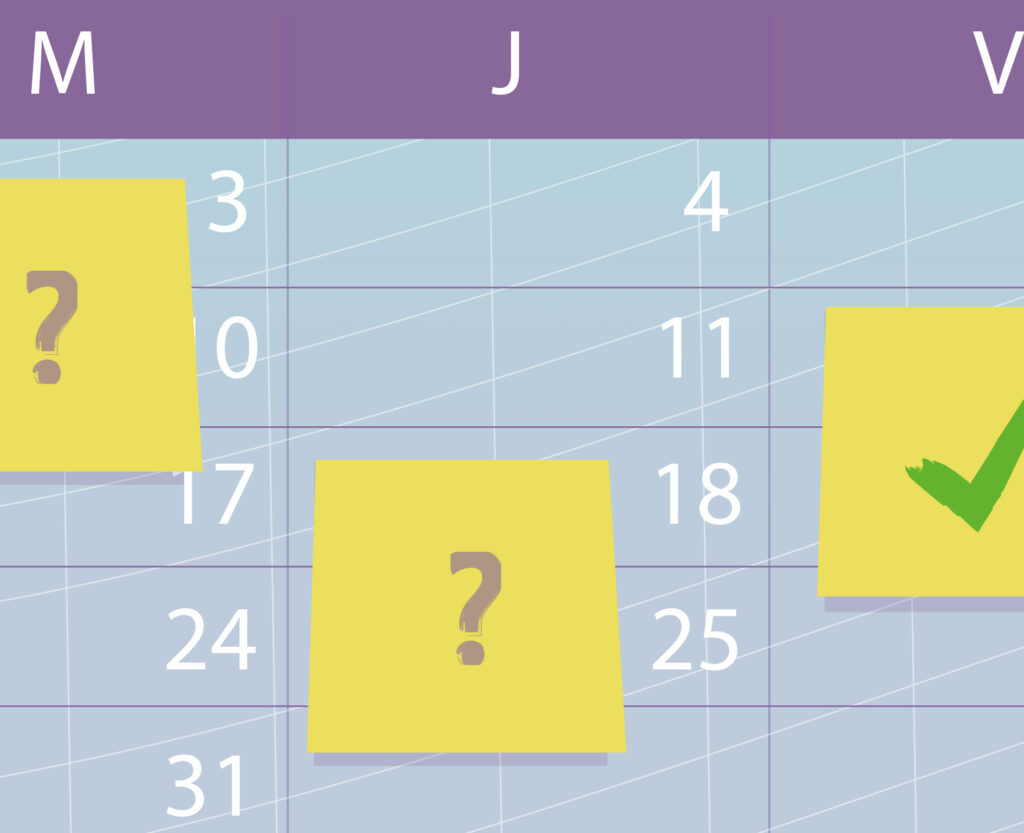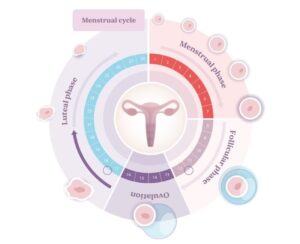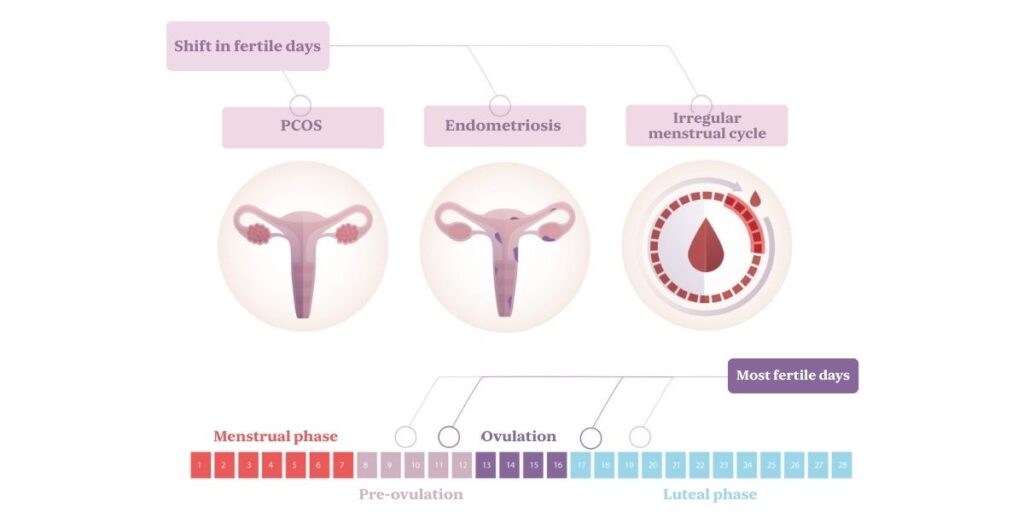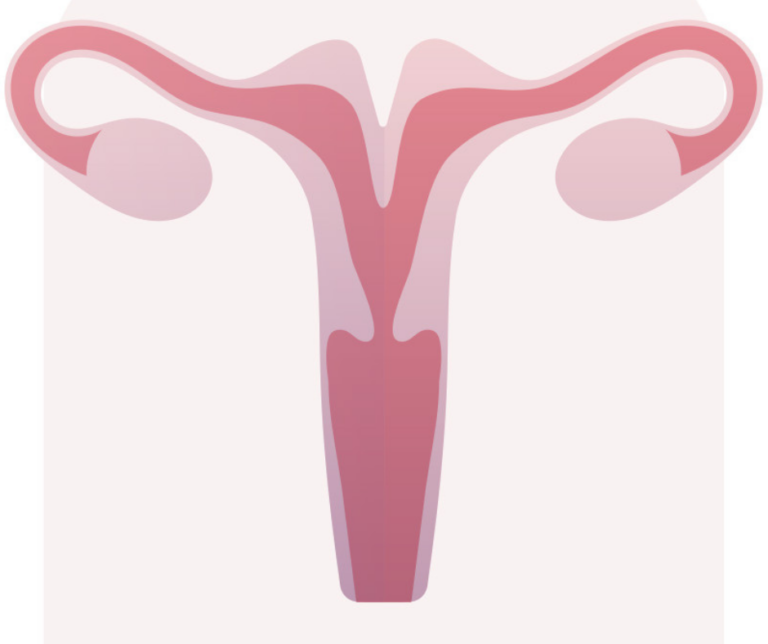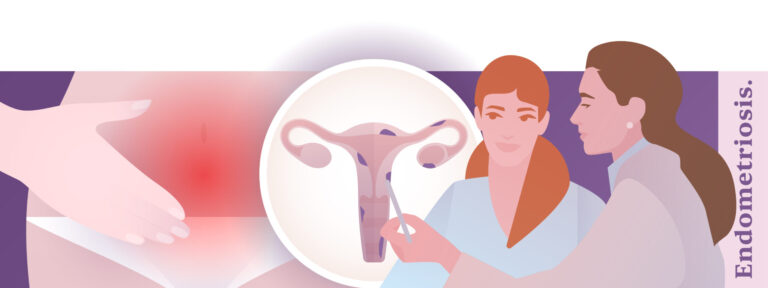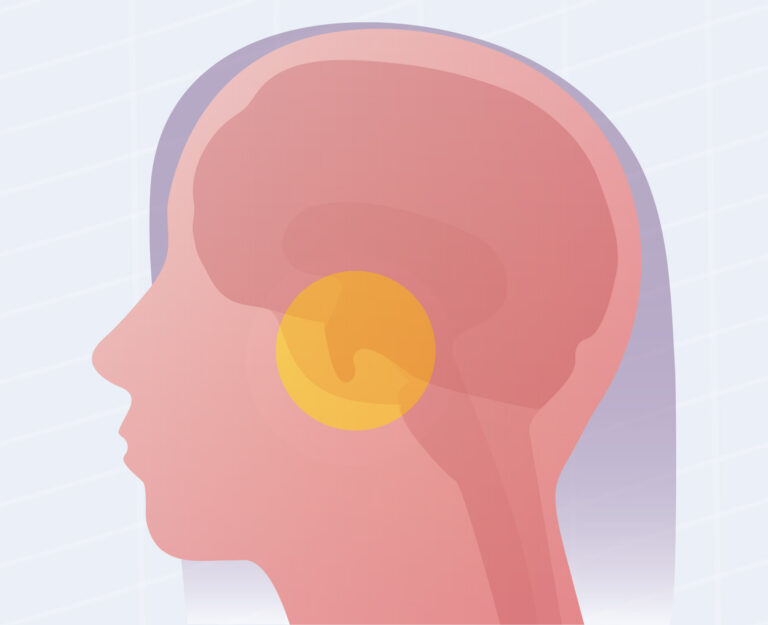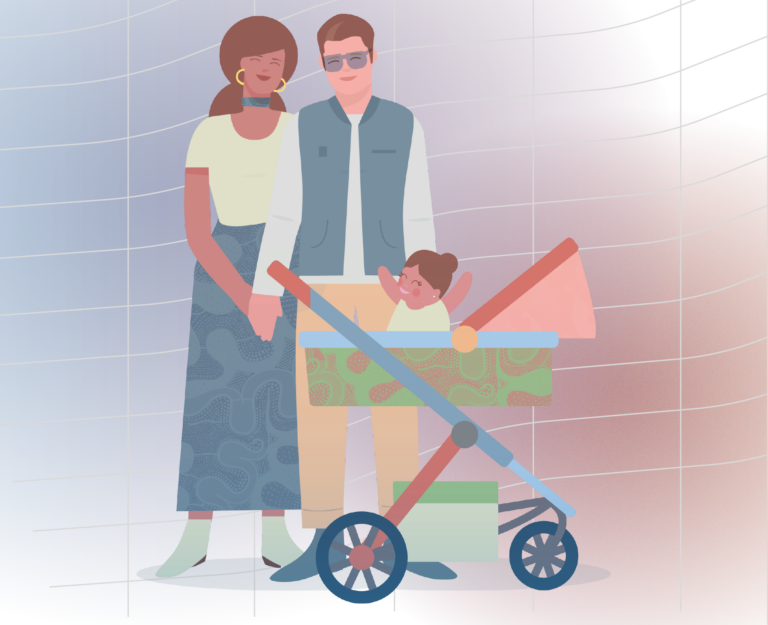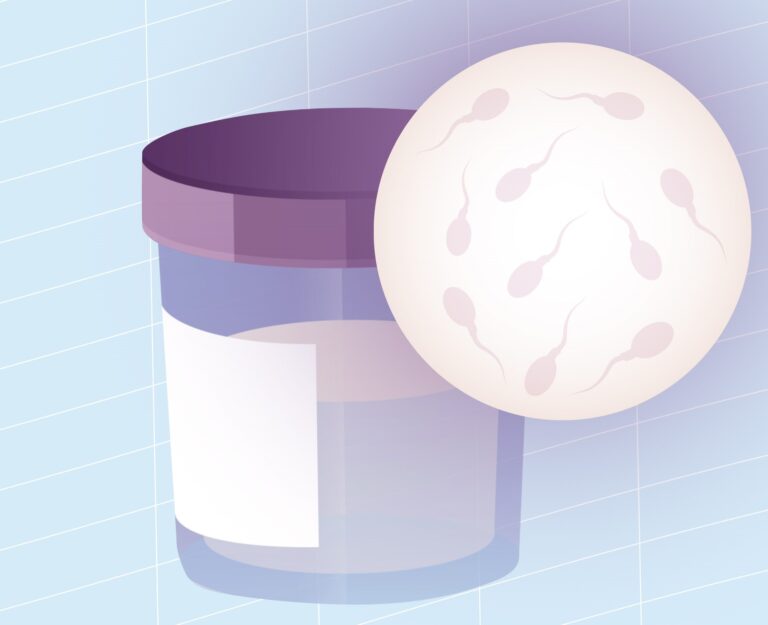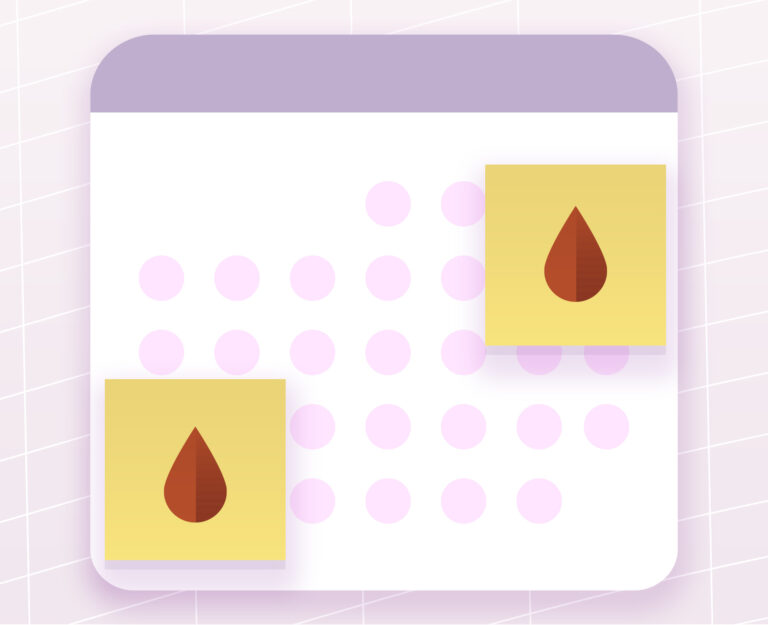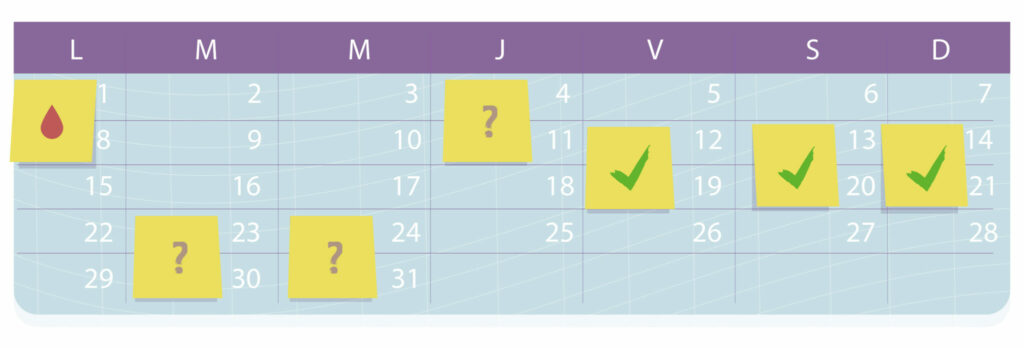
Table of Contents
ToggleWhen trying to conceive, it is essential to understand a woman’s menstrual cycle to identify the fertile days and increase the chances of pregnancy. However, a common question is whether pregnancy on non-fertile days is possible, especially when it is difficult to pinpoint these days due to irregular menstrual cycles.
Understanding the menstrual cycle: When are the fertile days?
As a complex physiological process, the menstrual cycle prepares a woman’s body for a potential pregnancy every month. Typically, it lasts around 28 days, although it can vary between 25 and 35 days depending on the individual. This cycle is divided into different phases:
Menstrual Phase
This phase starts on the first day of the period and typically lasts from 3 to 7 days. During this time, the uterine lining (endometrium) is shed and expelled due to the drop in estrogen and progesterone levels, since the egg from the previous cycle was not fertilised.
Follicular Phase
This phase spans from the beginning of the period until ovulation. It involves a progressive increase in follicle-stimulating hormone (FSH) levels, which leads to the selection and growth of one dominant follicle. The growing follicle produces estradiol, which causes the endometrium to thicken. Each follicle contains an egg, but usually only one becomes dominant and continues to mature.
Ovulation
Ovulation typically occurs in the middle of the cycle, between days 10 and 16, depending on cycle length. It is triggered by a surge in luteinising hormone (LH), which causes the dominant follicle to release the egg. Once released, the egg is picked up by the fallopian tube, where fertilisation by sperm may occur.
Around two days before and two days after ovulation marks the most fertile window. After its release, the egg remains viable for fertilisation for approximately 24 hours.
Luteal Phase
This phase lasts from ovulation until the start of the next period. The empty follicle becomes the corpus luteum, which secretes progesterone. This hormone helps prepare the endometrium for a potential embryo implantation by promoting growth of glands and blood vessels.
Can I get pregnant during the “non-fertile” days?
To assess the possibility of pregnancy on non-fertile days, we must understand that the cycle descriptions usually refer to regular menstrual cycles (28–30 days). However, many factors can influence the cycle and shift the fertile window unexpectedly.
The duration of the cycle mainly depends on the follicular phase. Once ovulation occurs, the luteal phase is generally stable, lasting about 12–14 days.
Women with cycles longer than 35 days tend to have longer follicular phases, and thus ovulation occurs later. In contrast, cycles shorter than 25 days usually indicate shorter follicular phases and earlier ovulation.
It’s important to know your cycle length to better identify your ovulation date.
Any menstrual irregularities mean that ovulation might occur at an unpredictable time, increasing the likelihood of an “unexpected” pregnancy. Factors such as stress, anxiety, PCOS, or endometriosis can contribute to cycle disturbances.
Regardless of whether you are trying to conceive or avoid pregnancy, understanding your cycle and recognising signs of ovulation is key. This knowledge helps guide timing of sexual activity depending on your reproductive goals.
Can I get pregnant if I don’t ovulate?
Irregular cycles lasting over 35 days are often associated with delayed or absent ovulation. These are called anovulatory cycles, and while you may still have bleeding, ovulation might not occur. Your fertility specialist can help you identify whether you are ovulating.
If ovulation doesn’t occur, pregnancy is not possible. Fertilisation requires an egg to be released and fertilised by sperm, resulting in an embryo that must implant in the endometrium.
Request your first consultation
Book your appointment and get your first diagnosis. We want to hear your story.


